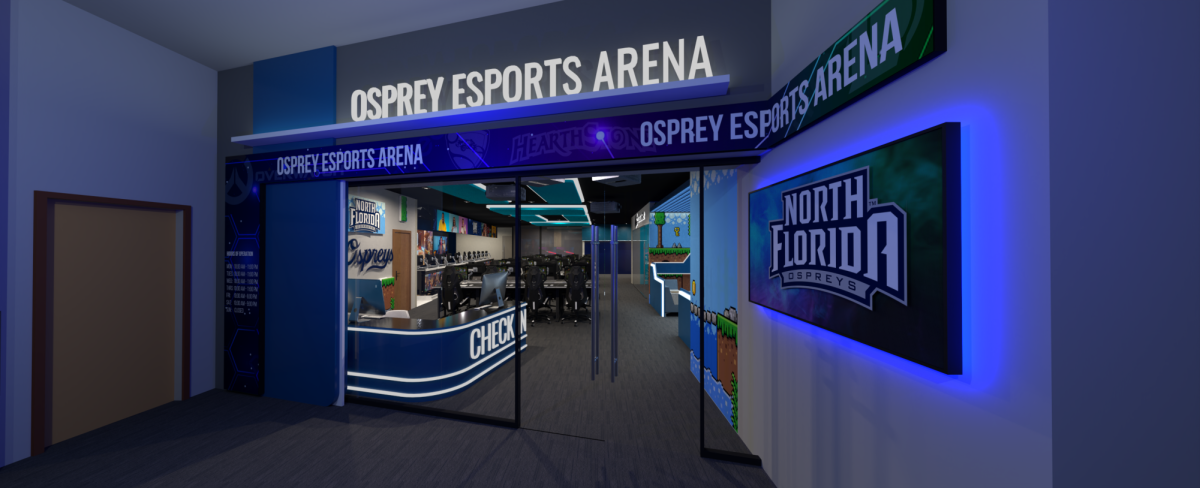
I’d like to use *Battlefield 4* to give insight to a trend that has been popping up in the game industry the past few years: publishers have been adding on unnecessary features in an attempt to make games more mainstream and make more money off of them.
The *Battlefield* series is great and all, but why does *Battlefield 4* even have a single player campaign? The series never needed one and I don’t recall anyone demanding it, especially for a game specially created for multiplayer play. *Battlefield 4’s* story doesn’t suffer from a bad script or terrible dialogue, it’s just boring. It creates a dull experience that leaves neither a bad taste nor a lasting impression.
So why do publishers create a story mode in the first place? They are trying to please as many different kinds of gamers as possible to get more business. As I previously stated in my *Dead Space 3* review, EA Games wanted that series to appeal to a broader audience. The series was already successful on its own without cheap multiplayer or unnecessary co-op play.
If publishers are going to include additional features to get more people to like their product, then they should at least make an effort. Both *Battlefield 4’s* tacked-on story and *Dead Space 3’s* tacked-on multiplayer mode feel generic and disingenuine. The best kind of game has something for everybody and continues with previous success. Yet there is a catch– people like new features that are different from what they’re used to. If all games were essentially the same, gamers would get bored and demand change. The problem is, as we’ve seen with the latest installments in the *Resident Evil* and *Medal of Honor* franchises, that when publishers try to make a game that appeals generically to everybody it can backfire. By mainstreaming the game, publishers destroy the game’s identity and give everyone a mediocre experience.
Sometimes add-ons do work, like in *Mass Effect 3.* The series was originally a single player experience, but when the game designers announced a potential multiplayer mode addition many fans were skeptical. The development team surprised everyone by creating both a strong story mode and a multiplayer experience that was unique to the characteristics of *Mass Effect.*
To sum up, mainstreaming games is a risky practice but can be successful if done right. Unfortunately it feels this is just a way for companies to make a quick cash grab without putting in effort. I say trim the fat and streamline games by ditching the add-ons and keeping the games’ integrity in tact.







